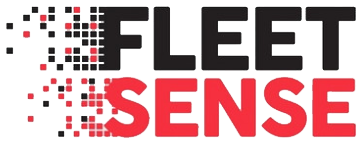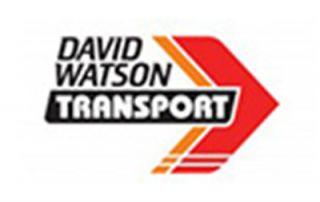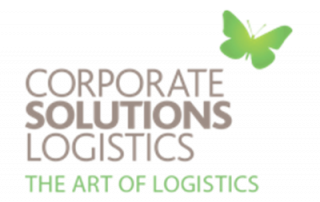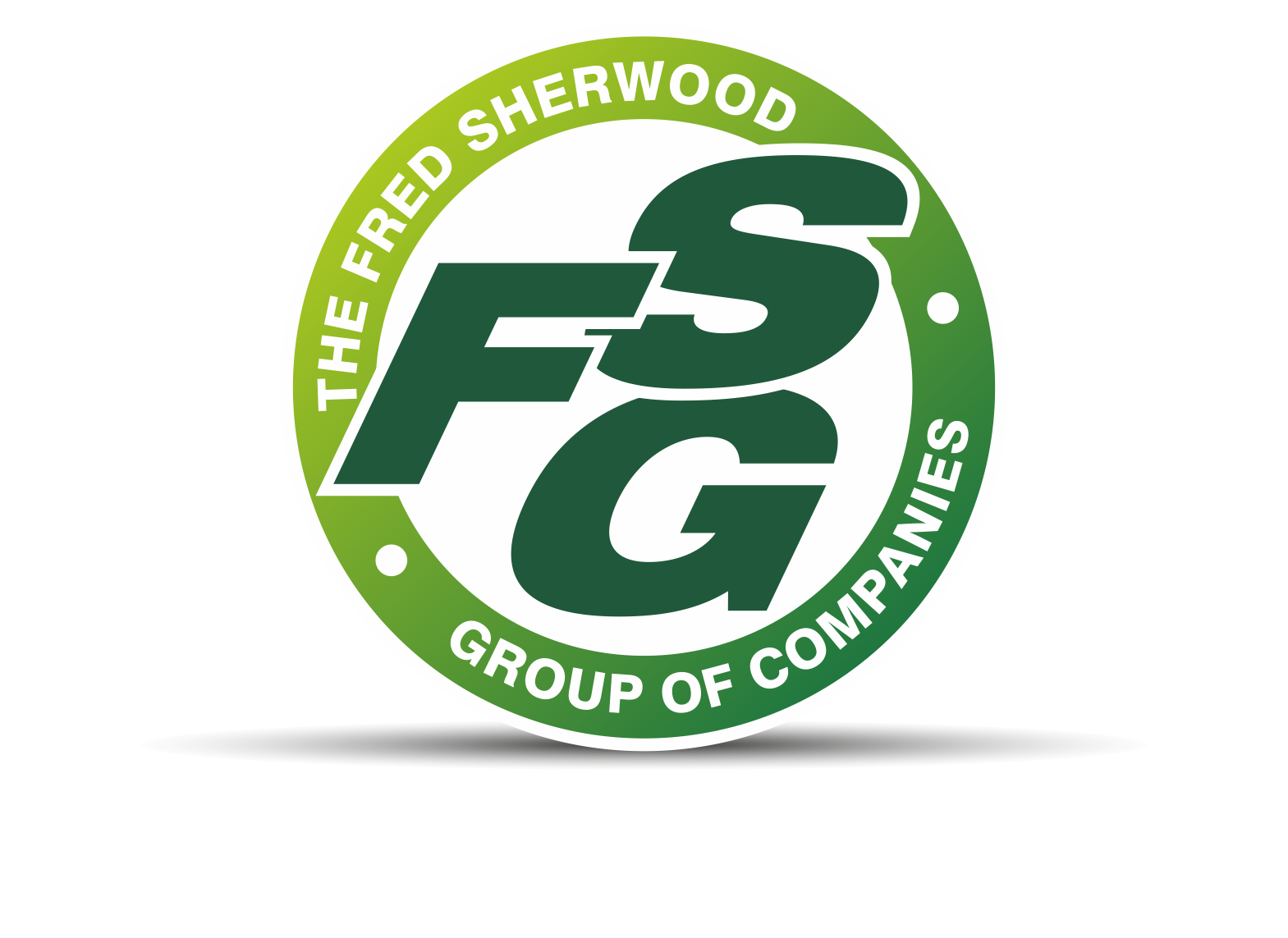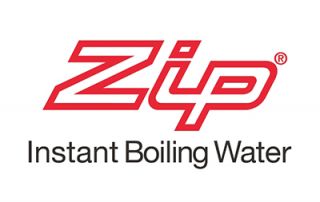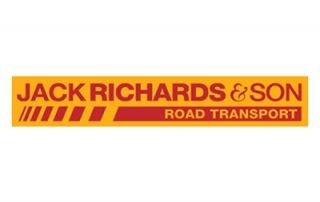How can the UK transport industry be prepared for Brexit?
What does 2020 hold for Transport Operators in the face of Brexit?
The dust may have settled somewhat after the UK General Election in late 2019 and now, with the Withdrawal Agreement signed-off, there’s a sense that we’re finally moving forward. However, for many in the Logistics Sector, serious questions remain about just how significant the impact of Brexit will be over the next couple of years and beyond.
As we cross the Rubicon and now formally leave the European Union the next phase, arguably the most important one, is surely the most critical. The UK Government has less than twelve months to complete the agreement with the EU 27 members of how Britain and Europe will trade with each other. Failure to achieve this means a No Deal Brexit, something most people want to avoid.
Whatever side of the debate you sit on there can be no doubt that there will be some rocky times ahead and the road to independence from the European Union is likely to be bumpy and hazardous in places.
With a clear deficit of goods exported from the UK, compared to those imported to the UK it’s obvious that many of the European countries that export to us, the larger ones in particular, have good reason to help find a resolution.
For example, it’s not only the UK that could be hugely affected by Brexit. The Netherlands is one case in point, with the vast majority of the UK and Continental Europe transiting through major ports like Rotterdam. A sharp decline in goods passing through these major ports will have a huge impact on their local economies.
For many there is a distinct feeling that the UK Government hasn’t fully addressed the potential issues of Brexit on the road haulage sector. And these issues go beyond the haulage of goods and materials.
“Simply saying that things will be sorted out or that both sides will take unilateral measures in isolation, as suggested repeatedly on the EU side, is no insurance or reassurance for businesses which are currently negotiating contracts with no knowledge of whether or not they will be able to provide the services they are committed to without market access being permitted.”
– James Hookham, Deputy Chief Executive of Freight Transport Association (FTA)
The UK relies on easy, fast access across the Channel to move the £274 billion worth of goods and services it exports to the Continent each year. This adds around £100billion to the UK economy.
While the obvious attention is on the day-to-day tasks of goods in transit, getting loads from one destination to the other, another area of concern is that of Drivers from EU countries working in the UK and for British haulage and logistics firms. This may only equate to around 10% of the UK driver workforce but it’s still enough to have an impact.
So what can those in the UK haulage industry do in preparation?
It’s clear that despite all the fear, uncertainty and doubt there will be a path forward. Post Brexit, with or without a deal, all countries involved will find a way to maintain trade. The implications of strangles trade routes with little to no transit of goods would affect all parties severely and damage not only the UK economy but those of our European neighbours as well.
Surely the key here lies in technology. No matter how trading arrangements may change and new tariffs, border controls etc. take effect; technology will become even more important.
As we continue to march through the Digital Age, where information (and finance) can transit the globe at ever-increasing speed, the development and adoption of better communications is going to be vital. Whether this means the filing of Customs forms, submission of load manifests, or the real-time location of vehicles, data is key.
This responsibility falls not only on the respective governments but also on those leading and working within the UK transport sector. Just like any other industry, the phrase ‘innovate or die’ equally applies here.
For over a decade FLEETSense has worked closely with leading partners, in the UK and Europe, as well as internationally. These organisations continue to harness technological advancements to create solutions that increase efficiency and reduce waste, as well as risk.
We don’t know where the Brexit path leads us. Nobody does but one thing is sure, as changes take place, perhaps more rapidly than expected, those at the front of adoption will survive.
If you want to talk about your business, your concerns about Brexit and its affect on your operation, talk to FLEETSense.
Your Next Step –
If you’d like to know how the latest Fleet Management technology could help take the strain, let’s talk about your business and how we can help.
As independent specialists we work closely with our carefully selected partners and long-standing Certified Partners of Webfleet Solutions.
Call us now on 0345 459 4998, or email info@fleetsense.co.uk
All content on this page is the copyright of the author and may not be reproduced without express consent. Copyright Fleet Sense Ltd. 2020
